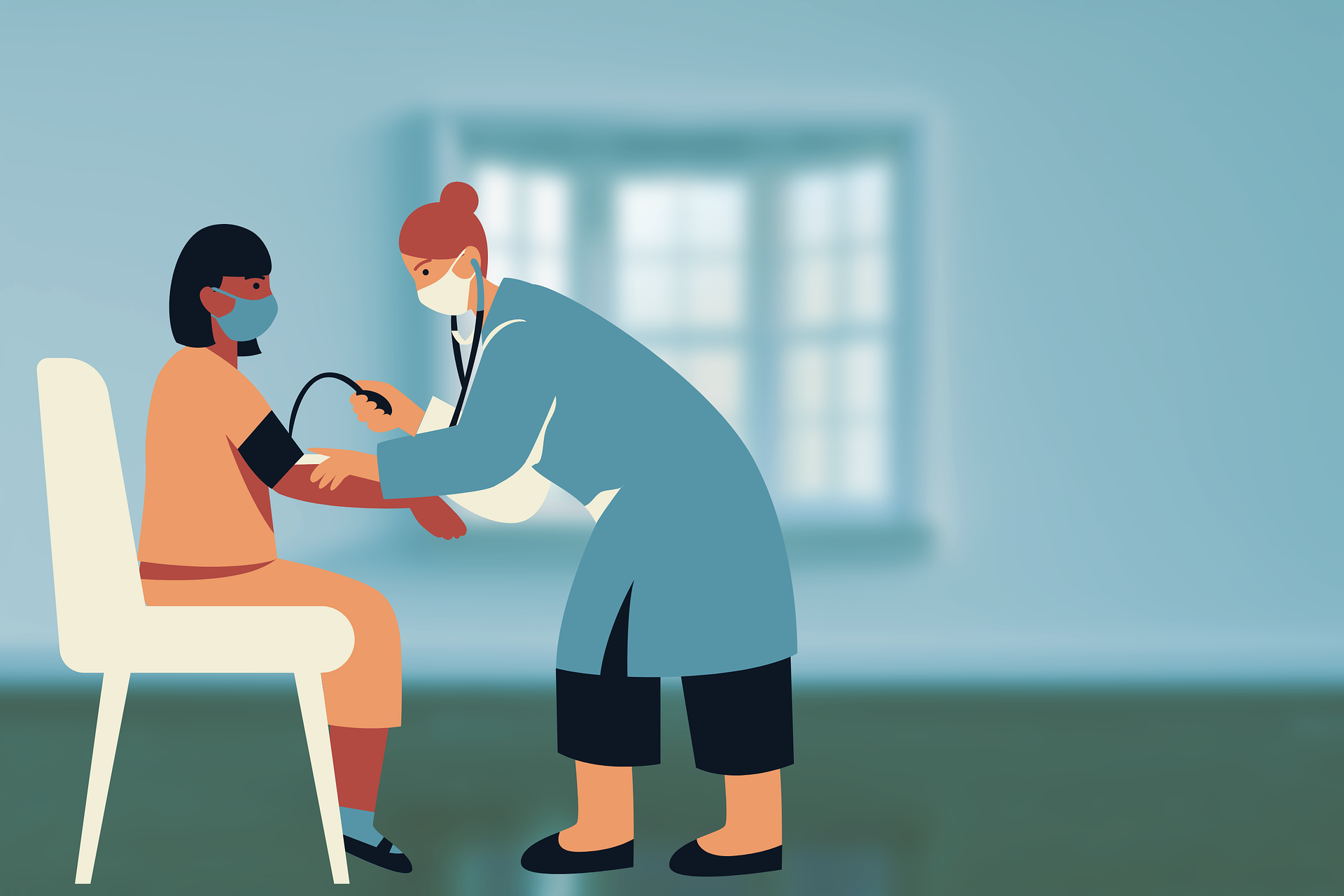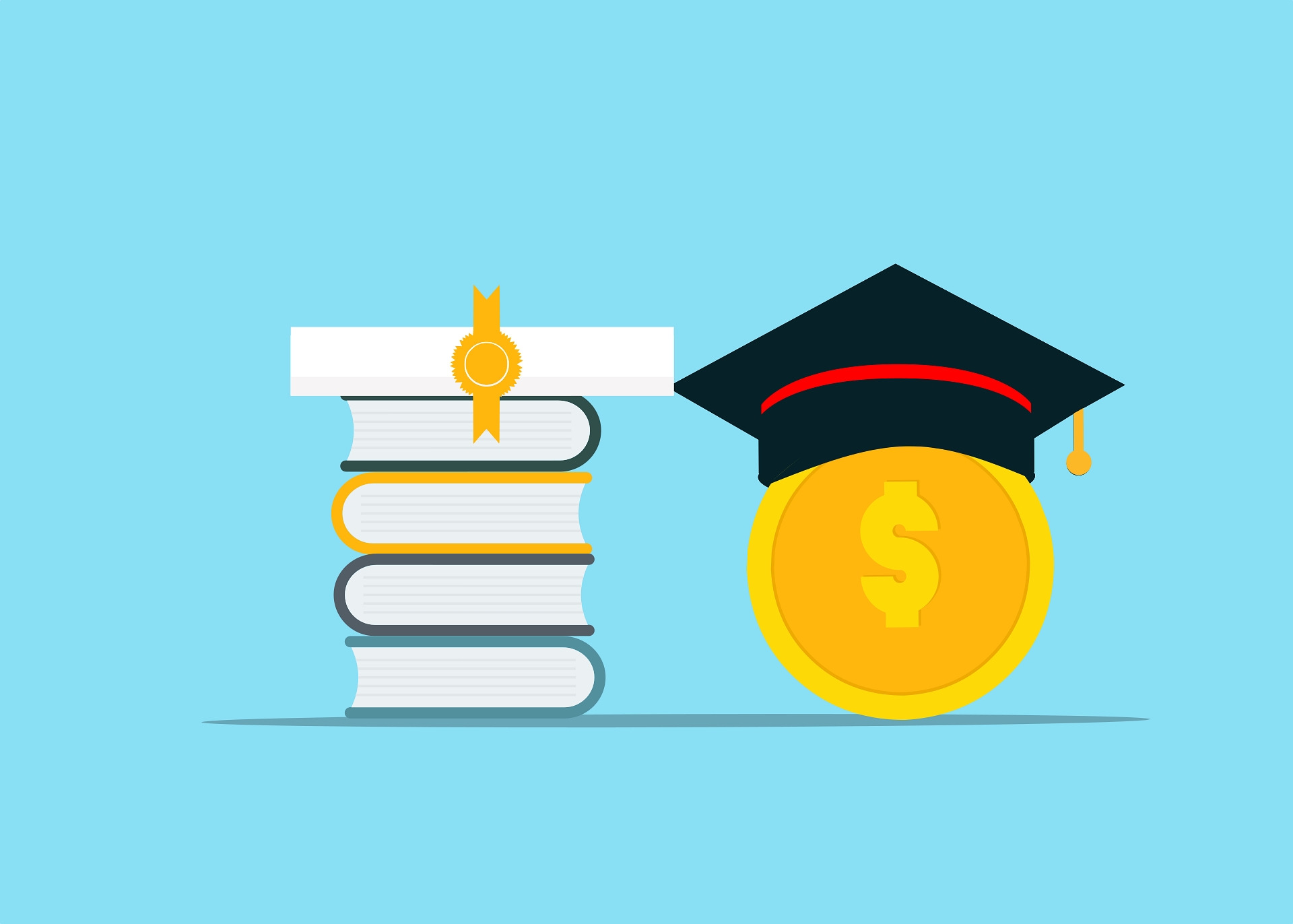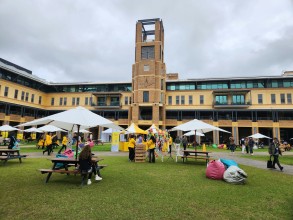News & Blogs
The Cost of Studying Nursing in Australia: What You Need to Know

Introduction – Cost of Studying Nursing in Australia and Why Study Nursing
A lot of students from all over the world come to Australia to study nursing. But why? The answer is easy: Australia has great schools, lots of job opportunities, and clear ways to move there and stay there for good. The cost of studying nursing in Australia may seem high at first, but it is usually worth it in the long run.
If you study nursing in Australia, you'll be going to some of the best universities and hospitals. The education you get in Australia for a nursing diploma, bachelor's, or master's degree is respected all over the world. If you're thinking about going to school after college, the average cost of studying nursing in Australia for Master's degree in Nursing in Australia is between AUD 30,000 and AUD 50,000 per year, depending on the school. This might seem like a lot, but it's a good investment because nurses in Australia are in high demand and make good money.
The cost of a Master of Nursing Practice in Australia can also be similar for students who want to work in advanced practice. However, the job prospects and permanent residency (PR) options make it a good choice. A lot of international students who get a Master of Nursing in Australia find it easier to get skilled jobs and even apply for permanent residency.
Australia is a great place for international students because it has scholarships, lets students work while they study, and is friendly to them. So, even though the cost of studying nursing in Australia and getting a nursing degree there might be a big part of your plans, the long-term benefits—like a stable job, a high salary, and a better quality of life—make it a great investment in your future.
Cost of Studying Nursing in Australia: Diploma, Bachelor’s & Master’s
If you want to be a nurse in Australia, one of the most important things to know is how much it will the cost of studying nursing in Australia be. The price of a nursing degree in Australia varies based on the type of course you take: a diploma, a bachelor's degree, or a master's degree. Different fees and study times apply to each level.

1. Diploma of Nursing (Enrolled Nurse)
- Course length: Usually 18–24 months
- Average fee: AUD 20,000 to AUD 30,000 total
- Who is it for?: Students who want to become Enrolled Nurses (EN) and start working sooner
- Extra costs: Books, uniforms, equipment, and health checks may cost around AUD 1,000 to AUD 2,000
2. Bachelor of Nursing (Registered Nurse)
- Course length: 3 years full-time
- Average fee: AUD 28,000 to AUD 42,000 per year
- Total cost: Around AUD 90,000 to AUD 130,000 for the full degree
- Who is it for?: Students who want to become Registered Nurses (RN) and have more job opportunities and better pay
3. Master of Nursing
- Course length: 1.5 to 2 years
- Average fee: AUD 32,000 to AUD 50,000 per year
- Total cost: Around AUD 50,000 to AUD 90,000
- Who is it for?: People who already work in nursing and want to move up to higher-level positions, specialized nursing, or management
Things to Remember:
- Fees may be different depending on the university, the location, and the scholarships available to international students.
- Studying in rural parts of Australia may cost less and help you get more points for Permanent Residency (PR).
- Some colleges and universities let international students pay for part of their tuition or give them financial aid.
Living and Hidden Cost of Studying Nursing in Australia
If you want to study nursing in Australia, you should know that the fees for your course are only one part of the total cost. You also need to think about the costs of living and other things that aren't obvious. These extra costs can add up, so being ready will help you keep track of your money better.

1. Accommodation
- Rent is one of the most expensive things.
- You can stay in a university dorm, a shared apartment, or a homestay.
- Depending on the city and the type of housing, rent is usually between AUD 800 and AUD 1,500 per month.
- Cities like Sydney and Melbourne cost more than smaller towns.
2. Food and Groceries
- You will need between AUD 300 and AUD 600 a month for food.
- It's cheaper to cook at home than to eat out.
- You can save money by buying groceries from local stores and markets.
3. Transport
- Buses, trains, and trams are all examples of public transportation.
- A monthly transport pass usually costs between AUD 100 and AUD 200.
- Some universities offer free or discounted transport for students.
4. Health Insurance
- Overseas Student Health Cover (OSHC) is required for all international students.
- OSHC costs between AUD 500 and AUD 700 a year.
- This insurance helps pay for visits to the doctor and stays in the hospital.
5. Books and Supplies
- Textbooks, uniforms, and tools like stethoscopes are needed for nursing school.
- You should plan to spend between AUD 500 and AUD 1,000 a year on these things.
6. Other Hidden Costs
- Phone and internet bills: About AUD 50 to AUD 100 a month.
- Clothes and things for personal use.
- Fun and social activities.
- Costs of clinical placements: You may have to pay for travel or uniforms for some placements.
Why Knowing These Cost of Studying Nursing in Australia Matters
Understanding all these cost of studying nursing in Australia helps you budget well and avoid surprises during your studies. When you budget for the cost of studying nursing in Australia, don't forget to include these living and hidden costs so you can see how much everything will cost.
Cost of Studying Nursing in Australia: Scholarships & Financial Support Options

Studying nursing in Australia can be expensive, but there are many scholarships and financial support options available to help students.
These can help international students pay for their nursing degree in Australia.
1. University Scholarships
- A lot of Australian universities give nursing students scholarships just for them.
- Some or all of your tuition costs may be covered by these scholarships.
- Some are based on how well you do in school, while others may look at your financial need or background.
- When you apply, always check the official university websites to see what scholarships are available.
2. Government Scholarships
- The government of Australia sometimes gives scholarships to students from other countries.
- The Australia Awards Scholarship is one of many programs that give money to students who meet certain requirements.
- Tuition, living expenses, and travel costs can all be covered by these scholarships.
3. Private and Organization Scholarships
- Different private groups and foundations give nursing students scholarships.
- Some scholarships are only for students from certain countries, like Nepal.
- Find nursing groups or health organizations that can help you.
4. Part-Time Work
- During the semester, international students in Australia can work up to 40 hours every two weeks.
- Working part-time helps you pay for things and get useful work experience.
- A lot of nursing students get jobs in healthcare, retail, or hospitality.
5. Financial Aid and Loans
- Some colleges and universities offer financial aid or payment plans to help students pay for their tuition.
- You might also look into getting a student loan in your home country or through banks in other countries.
Tips to Find Scholarships
- Do your research on all your options and start early.
- Use your academic records and personal statements to make strong applications.
- Get in touch with your university's international or student support office for help.
Why It’s Important
Knowing about scholarships and other forms of financial help can help you worry less about money. This way, you can spend less time worrying about money and more time studying while you are in nursing school in Australia.
Return on Investment: Career Earnings & Post-Study Outcomes
It's not just the cost of studying nursing in Australia that matters; it's also the value you get after you finish your course. Return on investment (ROI) is the amount of money and opportunities you can make compared to what you spent.

1. Good Career Earnings
- Nurses in Australia make a good living, and their pay goes up as they get more experience.
- Entry-level nurses usually make about AUD 60,000 a year.
- With more experience or a specialization, salaries can go up to AUD 80,000 or more.
- You can make a good living after getting your nursing degree in Australia, which makes the cost worth it.
2. High Demand for Nurses
- A lot of people in Australia and around the world need nurses.
- This means that after you finish your nursing course in Australia, you will probably be able to find a job right away.
- There is also job security and the chance to move up in the company.
3. Post-Study Work Opportunities
- Once you have your nursing degree, you can apply for a work visa after your studies.
- Depending on how long your course is, this visa lets you work in Australia for 2 to 4 years.
- Getting a job in Australia can help you get experience and even become a permanent resident.
4. Pathway to Permanent Residency
- In Australia, nursing is one of the skilled jobs.
- Getting a nursing degree makes it more likely that you will be able to apply for permanent residency (PR).
- You get more job security and benefits like health care and social security with PR.
5. Global Recognition
- People all over the world know that Australian nursing qualifications are good.
- If you want to move later, you can work in Australia and other countries.
Why This Matters
When you know how to figure out the return on investment, you can see that the money you spend on nursing school in Australia can lead to a good future with steady income and career growth. This is why studying nursing in Australia is a good idea.
Cost-saving Strategies & Final Tips on Cost of Studying Nursing in Australia
It can be expensive to study nursing in Australia, but there are ways to save money and stay on top of your budget. Here are some simple ways to save money while you study:
1. Apply for Scholarships and Grants
- In Australia, a lot of colleges and universities give nursing students scholarships.
- These scholarships can help pay for some or all of your tuition.
- Start looking for scholarships early and make sure to apply carefully.
2. Choose Affordable Accommodation
- You can save money on living costs by choosing shared housing or student dorms.
- Find places that are cheap and close to your school or that have good public transportation.
3. Budget Your Expenses
- Make a monthly budget for food, transportation, books, and fun.
- Don't spend money you don't need to, and keep track of your costs.
4. Work Part-Time
- Students from other countries who study in Australia can work up to 20 hours a week.
- A part-time job helps pay for some of your living costs and gives you experience.
5. Buy Used Books and Study Materials
- Nursing textbooks and supplies can be costly.
- Look for second-hand books or share with classmates.
6. Use Student Discounts
- Many places, like restaurants, stores, and public transportation, give students discounts.
- To save money, always have your student ID with you.
Final Tips
- Before you start your nursing course in Australia, look into all the ways you can get money.
- Make sure your money is in order so you can study without worrying about it.
- Keep in mind that a good investment in your education will lead to a rewarding career as a nurse.




